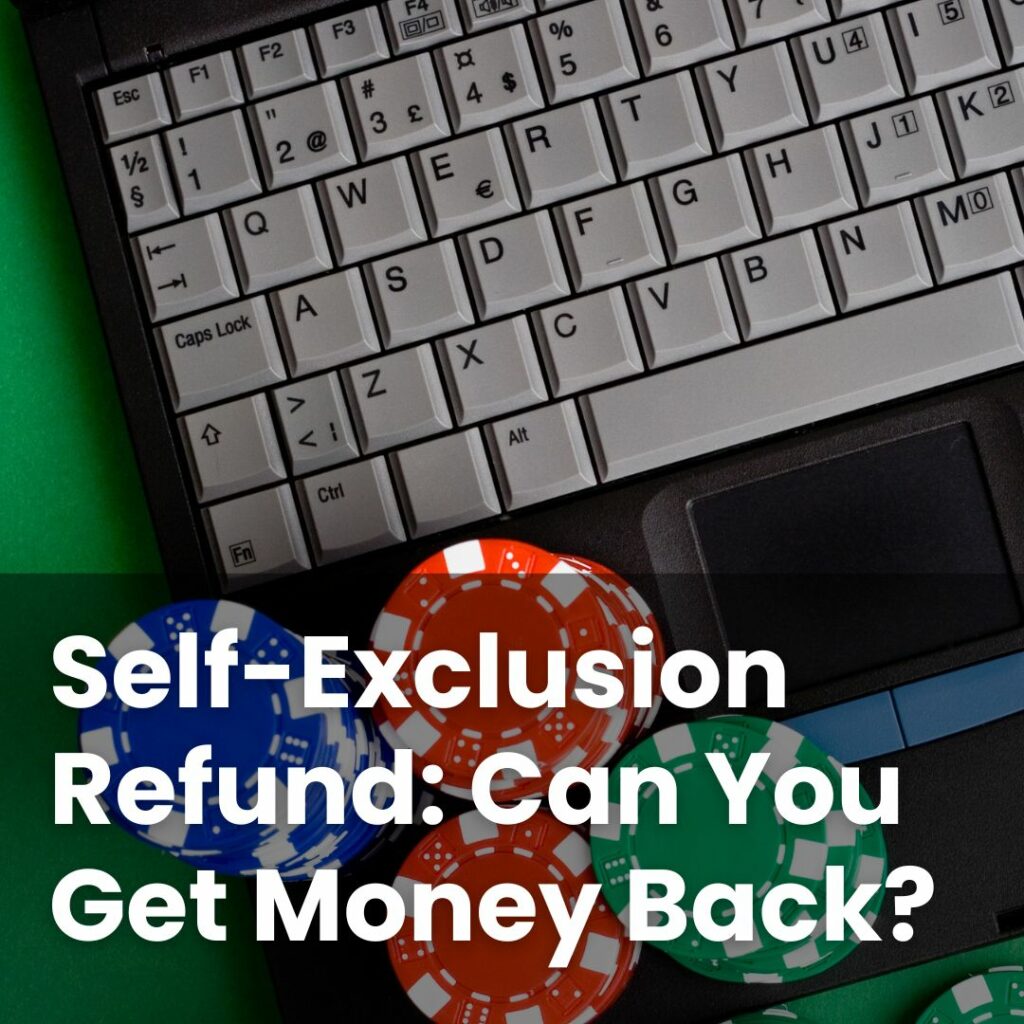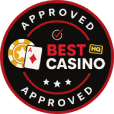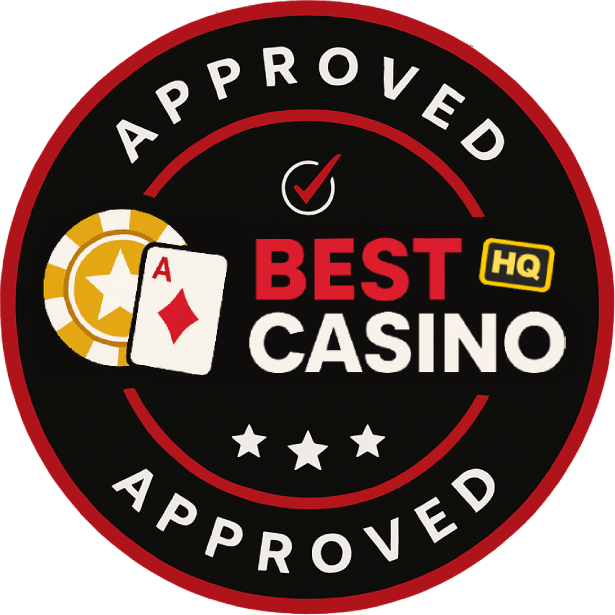Finding yourself questioning if you can get your money back after placing bets while self-excluded?
You’re not alone, and it’s important to know where you stand.
When gambling becomes more than just a bit of fun, self-exclusion can be a valuable tool to help you take a break and regain control.
But what happens if you’ve gambled despite being on a self-exclusion list?
Is there a possibility of a refund?
Exploring this topic can be eye-opening, especially if you or someone you know is facing this dilemma.
Read on to discover the ins and outs of seeking refunds in such situations and navigate the next steps with confidence.
What Is a Self-Exclusion Refund?
The idea of a “self-exclusion refund” often pops up when players gamble during a period they’re meant to be self-excluded. But the reality is a bit more complex.
While the term “self-exclusion refund” might suggest a straightforward process to get your money back, it’s not an automatic right. There isn’t a specific rule that guarantees a refund if you gamble while self-excluded.
That said, if you’ve placed bets while self-excluded and want your losses returned, you might consider contacting the casino directly. It’s up to the casino’s discretion whether they will offer a refund in these circumstances.
Some casinos may decide to refund your losses as a gesture of goodwill, particularly if they feel there’s been a breach in responsibly upholding your self-exclusion.
However, it’s not something to rely on, as each casino has its policy on handling these situations.
The best course of action is to be proactive. Always double-check that your self-exclusion is in place and functioning as it should be.
Can You Get Gambling Losses Refunded?
In most cases, getting your gambling losses refunded isn’t as simple as asking. Generally, once a bet is placed, it’s considered final. The rules are set up this way to ensure fairness and integrity for all players involved.
However, all is not lost if you feel that your situation is unique, especially if you believe it involves problem gambling issues. Reaching out to the casino’s customer support can sometimes lead to unexpected solutions. They may offer guidance or, in some cases, consider a gesture of goodwill like a refund.
If you believe your funds were taken fraudulently, there is a potential route called an online casino chargeback. This process should be reserved only for genuine cases of fraud. It involves contacting your bank or card issuer to dispute the transaction.
Remember, honesty is crucial when considering a chargeback. Misusing this option could have consequences, both with your bank and with access to gambling platforms in the future.
If you’re struggling with gambling, it’s essential to seek support from professional services that specialise in helping individuals regain control. Always put your well-being first.
See Our Top-Rated Online Casinos
Find the best online casino bonuses, read reviews from real players & discover brand new casinos with our list of recommended sites
Online Casino Chargebacks Explained
Online casino chargebacks can seem like a tricky topic, but understanding them is key when you’ve encountered an issue with a transaction.
A chargeback is a process where you ask your bank or credit card provider to reverse a transaction. It’s similar to a refund but takes a different route by involving your bank directly.
It’s important to note that chargebacks should be used cautiously and are intended for cases of genuine fraud or disputes. This could include unauthorised transactions or errors in processing.
When you initiate a chargeback, your bank examines the claim, considering the evidence from both you and the casino.
If the bank sides in your favour, you’ll see the money returned to your account. However, be aware that attempting a chargeback without justification could harm your relationship with both the casino and your bank.
Before pursuing this option, always contact the casino for resolution first—they might offer a satisfactory solution without needing a chargeback.
Self-Excluded But Still Allowed to Bet: Why?
Being self-excluded should block all attempts to gamble, but occasionally, some players find they can still place bets. This can be concerning and confusing.
There are several reasons why this might happen. Technical glitches, issues with the registration process, or even human error might be to blame. Sometimes, players may be able to access different sites that aren’t covered by their chosen self-exclusion scheme.
If you find yourself in this situation, it’s crucial to take action. First, report the issue immediately to the casino’s customer support. They need to be aware of the oversight and can take steps to rectify it.
Additionally, it’s a good idea to inform the self-exclusion scheme you used, like GamStop. They can help ensure your exclusion is active across all participating sites.
If the casino doesn’t address the issue, you can report the site to the UK Gambling Commission. They take such lapses seriously and can investigate further.
How to Gamble Responsibly
Gambling responsibly ensures that the thrill remains enjoyable and doesn’t become a problem.
Start by setting a budget before you begin playing. Decide how much you’re comfortable losing, and don’t go over this limit.
Time management is key as well. Set a time limit for your gambling sessions and make sure you stick to it, even if you’re in the middle of an exciting game.
It’s important to gamble with a clear mind. Avoid placing bets when you’re upset or under the influence, as this might cloud judgment.
Remember, gambling should be viewed as entertainment, not a way to make money. Keep a healthy perspective, and don’t chase your losses.
Taking regular breaks can help you step back and assess your choices, keeping everything in check.
Lastly, stay informed about the tools available to support responsible gambling, like setting deposit limits or using self-exclusion if needed.
By following these tips, you keep your gambling experience fun and within your control.





